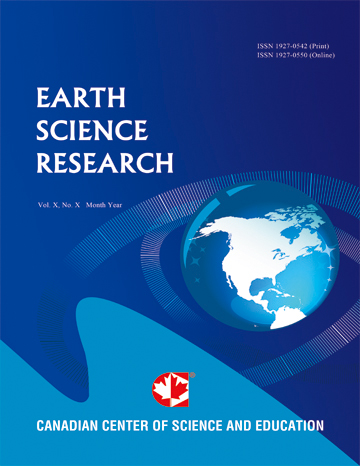The Role of Reclaimed Water in Urban Flood Management: Public Perception and Acceptance
- Dewasis Dahal
- Sujan Shrestha
- Bishal Poudel
- Mandip Banjara
- Ajay Kalra
Abstract
Water management is a significant issue for Kathmandu, the capital of Nepal, due to rapid urbanization, a lack of freshwater sources, and inadequate infrastructure. In order to solve the dual issues of urban flood risks and water scarcity that the city faces due to rapid population growth and restricted freshwater supply, our research explores the implementation of reclaimed water systems in Kathmandu, Nepal. This study collects respondents from 400 residents of Kathmandu using a systematic survey. It investigates their attitudes, preparedness, and concerns about using recovered water for home and municipal purposes. The outcomes indicate a high level of public knowledge, with a significant percentage (about 80%) acknowledging the value of recycled water. Nevertheless, only around one-third of respondents are amenable to home usage of such systems for drinkable purposes, primarily because of worries about the health and safety of the water. The study also finds that the acceptability of reclaimed water consumption positively correlates with higher educational attainment, which is essential information for policymakers concerned with urban sustainability.
- Full Text:
 PDF
PDF
- DOI:10.5539/esr.v14n1p1
Index
Contact
- Lesley LuoEditorial Assistant
- esr@ccsenet.org
